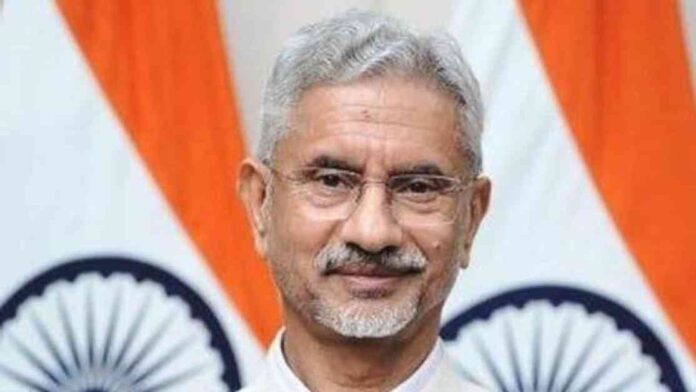External Affairs Minister Dr. S Jaishankar recently made headlines with his scathing criticism of the Aam Aadmi Party (AAP)-led Delhi government, particularly targeting Chief Minister Arvind Kejriwal. In a candid address to the South Indian community, Jaishankar expressed his disappointment in the current state of affairs in the national capital, stating that he feels “ashamed to go abroad” due to the lack of basic necessities provided to the residents.
Jaishankar did not mince words as he highlighted the grievances faced by the people living in Delhi, emphasizing that they are deprived of essential amenities such as housing, gas cylinders, piped water under the Jal Jeevan Mission, and healthcare benefits under the Ayushman Bharat scheme. This direct jab at the AAP government under Kejriwal’s leadership underscored the Minister’s belief that the city has regressed during the past decade.
Jaishankar’s Critique of the AAP Government
During his address, Jaishankar lamented the inadequate provision of fundamental services to the residents of Delhi, calling attention to the glaring gaps in access to water, electricity, healthcare, and other essential resources. He urged the citizens to consider the upcoming elections as an opportunity to effect change and demand their rights from the government. The Minister’s impassioned plea for accountability and action resonated with many, stirring conversations about the state of governance in the capital.
In a bid to mobilize young voters and encourage them to make informed choices, Jaishankar highlighted the pressing issues of substandard infrastructure, particularly poor roads and water supplies in Delhi. His appeal for a “right choice” underscored the importance of civic engagement and the impact of governmental policies on everyday lives. By emphasizing the role of the youth in shaping a vision for a developed India, Jaishankar underscored the significance of Delhi as a reflection of the nation’s progress and potential.
The Countdown to Delhi’s Assembly Polls
As the countdown to the Delhi assembly polls on February 5 continues, the political landscape is charged with anticipation and fervor. With the AAP, BJP, and Congress vying for control, the stakes are high, and each party is rallying its supporters for a decisive victory. The AAP’s confidence in securing a majority of seats reflects the party’s optimism and strategic planning, setting the stage for a closely contested election.
As the narrative unfolds in the lead-up to the polls, the contrasting visions and promises of the competing parties will shape the future of Delhi and its residents. The electorate’s choice on February 5 will not only determine the composition of the legislative assembly but also signal the direction of governance and policy-making in the capital. The outcome of the election will reverberate beyond the borders of Delhi, influencing perceptions of India’s growth and development on a global scale.
With the spotlight on Delhi’s political landscape and the impending assembly polls, the voices of the citizens, leaders, and observers converge to shape the narrative of democracy in action. The crosscurrents of opinion, expectation, and aspiration underscore the dynamic nature of electoral politics, where every vote carries the weight of a collective vision for a better future. As the campaign intensifies and the candidates make their final appeals, the pulse of the city quickens, echoing the heartbeat of a nation on the cusp of change.

















